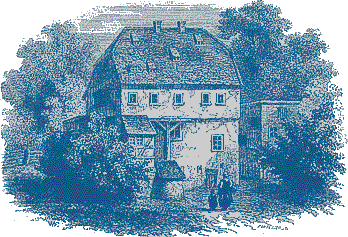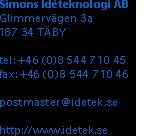








![]()
![]()
arry is happy. He doesn't know what day it is. Harry is only vaguely aware of the month, and only knows the year because he can still count the new Millennium on his fingers. It's getting dark. Probably about 8 pm - but who's counting?
I'm Harry. Harry was about to go inside when a distant echoey chaos of honking coasted over the shimmering willows by the river and washed toward the house. It took a moment to see the ragged 'v', high up, heading south. I missed the ducks last year, but now relished the sight of them, golden in the dying rays of the sun. I watched for an age, until they merged with the distant cloud, their honking only a memory. Honk, honk.All other life forms have survived without precise time and we seem to be doing pretty well these diurnals. We measure in moons, in days of walking, by light and dark, by the gnaw of hunger in the belly.
Harry closed the door behind him and stepped into the warm glow of the log fire. Lovely.
Y2K had been the biggest cock-up in the history of civilization. No electricity for several weeks, no water, no fresh food. The cities badly hit. Nothing worked. But people hadn't panicked. In a funny way it brought everyone together. The old wartime spirit. Oh yes, people died - of cold, of lack of medical treatment, and quite a few accidents. But the ingenuity of mankind had been severely tested but not found wanting. Bless Heath Robinson.






